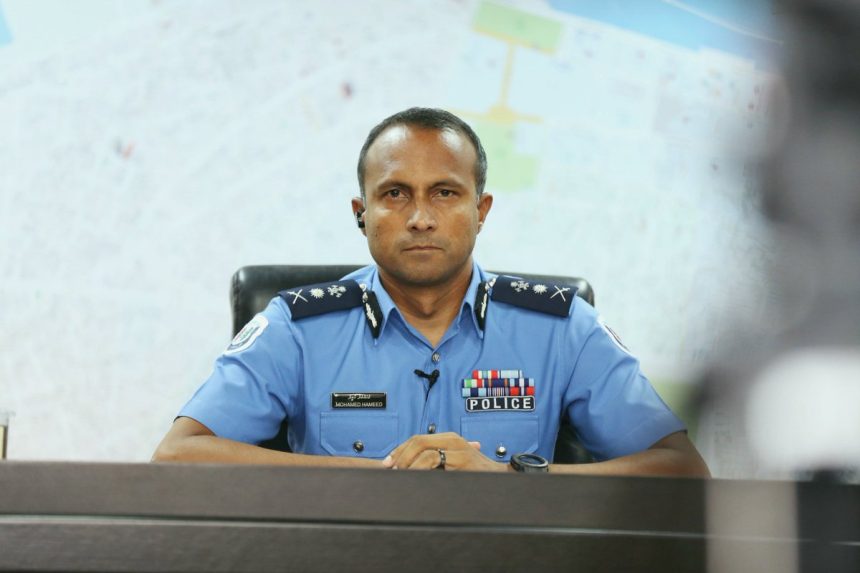Former Commissioner of Police Mohamed Hameed (MC Hameed) has issued a detailed statement addressing questions about his post-retirement position at Zetta Technologies and past procurement linked to the Maldives Police Service (MPS). He maintains that all decisions during his tenure were proper, and that his later employment does not conflict with his former public role.
Allegations and Official Clearance
The core of the dispute lies in the 2022 procurement of Axon body-worn cameras (Body 3) and TASER devices for MPS, for which Zetta Technologies served as distributor. Hameed has been accused of favouring Zetta during the tender process, followed by joining the same company after retiring.
Hameed asserts that the procurement underwent full technical evaluation, multiple stages of internal approval, and was structured on a four-year payment plan to ease financial burden. He highlights that the Anti-Corruption Commission (ACC) investigated and found no evidence of undue influence or irregularities.
Timeline: Retirement and Zetta Appointment
Hameed officially stepped down from the role of Commissioner on 15 November 2023, concluding nearly 28 years in law enforcement service. According to his statement, he began employment with Zetta Technologies in early 2025—approximately 18 months after retirement—with a role focused on expanding public safety and security technology initiatives across the Indian Ocean region.
He insists that his recruitment was based on professional credentials and experience, rather than institutional connections. During his tenure at the police, Hameed oversaw multiple digital reform efforts, including the integration of body cameras, workflow automation, and real-time command systems.
Ethical Framework and International Comparisons
Hameed acknowledges that in many jurisdictions, “cooling-off” periods prevent former security leaders from quickly entering related private sector roles. However, he notes that no Maldivian law expressly forbids such a transition after retirement. He points to international precedents:
- A former UK police commissioner joining the Axon advisory board
- A former New South Wales police chief serving in advisory roles in the private sector
- A former NYPD leader and a U.S. general entering security or advisory firms after public service
He argues that such arrangements are acceptable when timed appropriately, with no overlap in decision-making authority over one’s former executive domain.
Scrutiny and Parliamentary Interest
The matter has drawn fresh parliamentary attention. A subcommittee of the People’s Majlis has flagged the MVR 66 million body camera contract for renewed review, citing a whistleblower’s claim that the procurement was shifted from competitive tendering to a single-source award. Critics contend that the later employment at Zetta might reflect an implied quid pro quo, though Hameed rejects those implications as politically motivated.
Policy Implications and Public Debate
The case raises broader questions about post-public service employment, conflict of interest safeguards, and institutional transparency in the Maldives. While Hameed stresses his continued adherence to ethical standards, the public and political sphere await any formal inquiry outcomes.
In closing, Hameed calls for full publication of any oversight findings, affirming that “the truth deserves daylight” and reaffirming his view that professional exclusion should not last beyond retirement.




